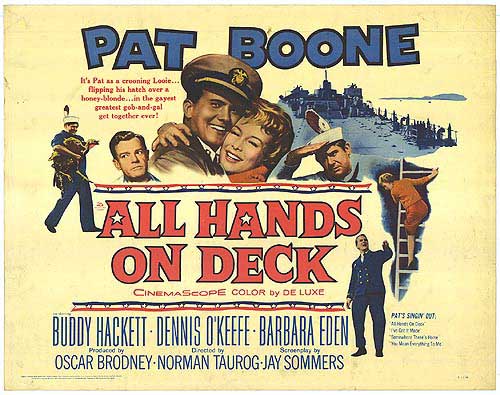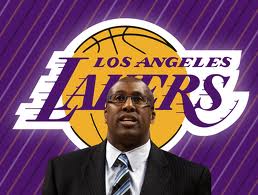How many bad decisions can you get away with - motorcycle crash edition
How many bad decisions can you get away with and hold on to your job?
My working theory right now is that there is an inverse relationship between how many bad, foolish, or reckless kinds of decisions one can make and one's relative position on an organization's hierarchy and pay structure, with a 'success' corollary and an 'ease of replacement' factor baked into the equation.
What am I talking about?
Just the latest episode in the ongoing 'Powerful, successful, rich men behaving badly at work' saga, this one from the world of sports, (shock), the news of University of Arkansas Head Football Coach Bobby Petrino's recent motorcycle accident, and the subsequent string of deception, fabrication, and simple bad judgment that has subsequently been brought to light.
In case you missed the story this week, the gist is as follows: (with my snarky comments in bold)
- Last Sunday, Petrino is taken to the hospital following a mototcycle accident. He suffers four broken ribs and a cracked neck vertebra. Ouch
- Petrino fails to mention to his boss at Arkansas, Athletics Director Jeff Long one key detail about the accident, that he wasn't alone on that motorcycle. He had in fact lied to Long about this nugget, and the athletic department put out a press release on Monday morning repeating that lie on Arkansas letterhead. Not good.
- Petrino's passenger was a woman. So what?
- She was not his wife. Uh-oh.
- The woman, Jessica Dorrell, is an employee of the Arkansas athletic department. What is the number for the HR hotline?
- Petrino hired Dorrell, who had previously worked in the athletic department's fundraising arm, to the football staff last week. Get my lawyer on the phone.
Now, as you would expect, the AD Long has launched a 'review' of the situation and the circumstances surrounding the accident, the deception by Petrino immediately following the accident, and (let's hope), the details surrounding the hiring of Dorrell by Petrino, who it would seem were conducting some kind of relationship while maybe not illegal, was almost certainly inappropriate.
Complicating matters for Long is the recent success of Petrino and the Arkansas football team, with a 21-5 won-loss record in the last two seasons, and the team's best finish in the football rankings in ages.
Petrino, now with no other realistic options, has basically thrown himself at the mercy of his employer, and has apologized for his actions, issuing a statement that read in part - "I will fully cooperate with the university throughout this process and my hope is to repair my relationships with my family, my athletic director, the Razorback Nation and remain the head coach of the Razorbacks".
It will be up to Arkansas, and AD Long to decide what to do with their highest profile employee, (and highest-paid state of Arkansas worker), and to determine if success on the job weighs more heavily than a series of bad decisions off the job.
I have no idea how this will turn out, but the realist in me thinks that twenty-one wins in two seasons in the most competitive college football conference in the nation has a way of glossing over even the most obvious flaws in judgement and character.
What do you think - should Petrino be shown the exit?
Have a Great Weekend!

 Steve
Steve




